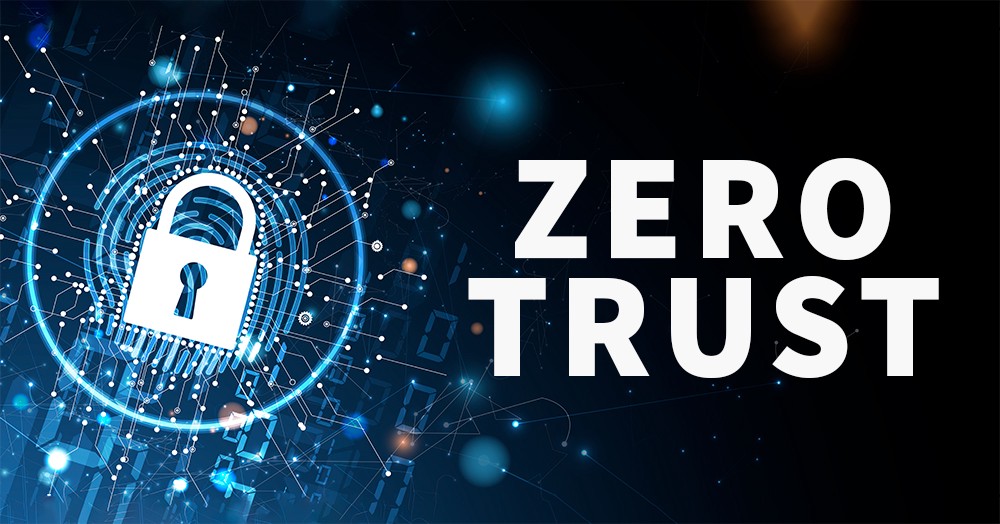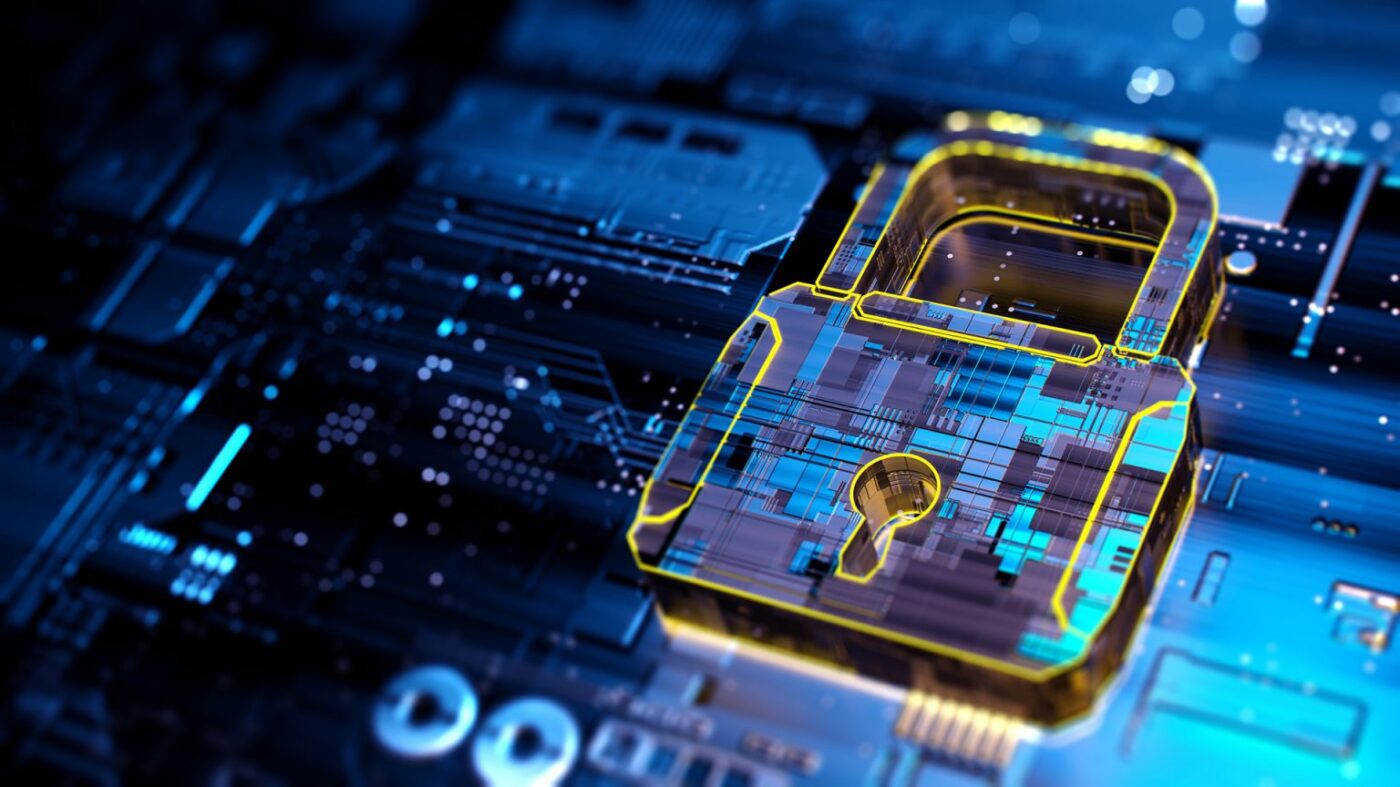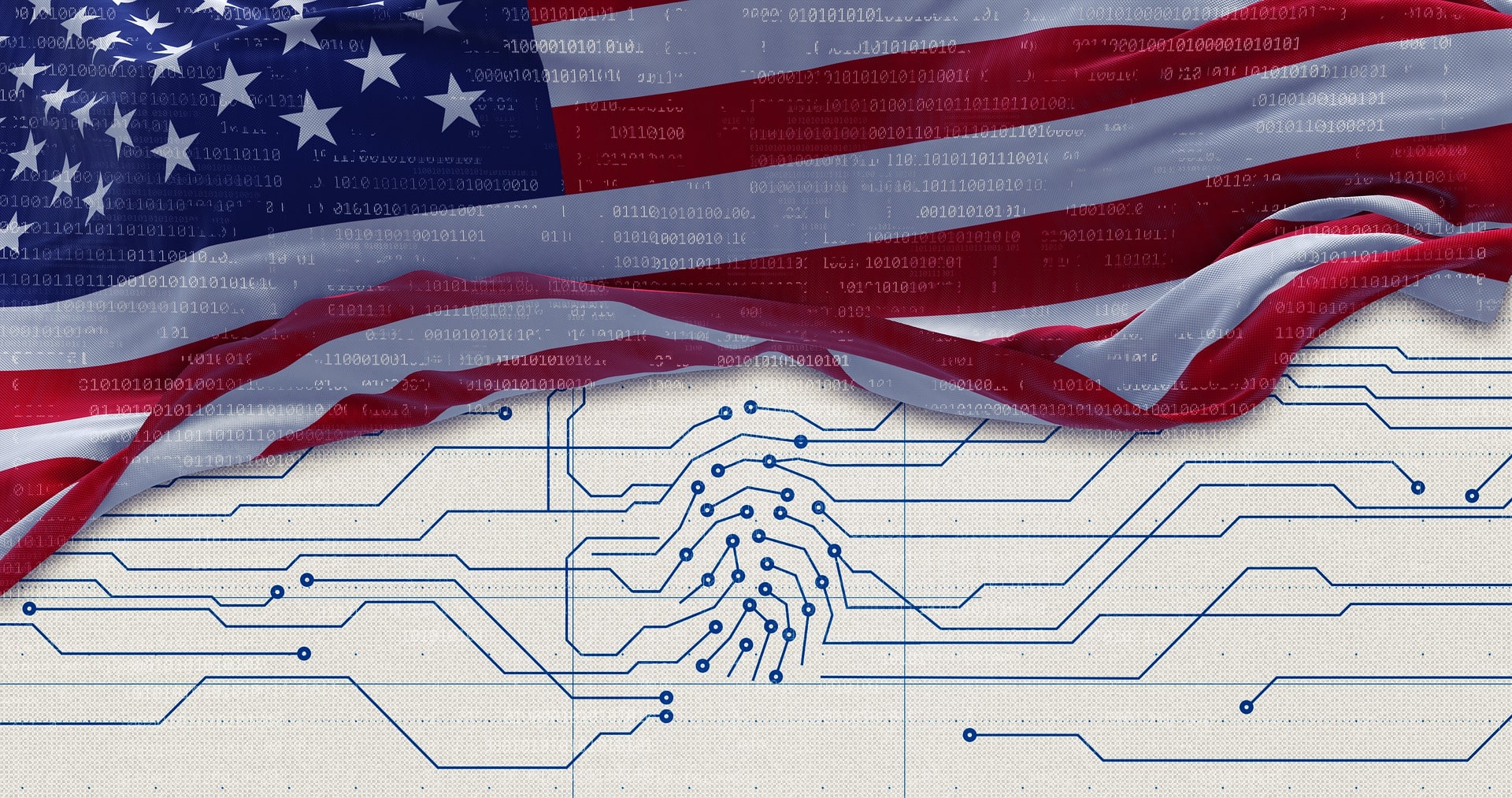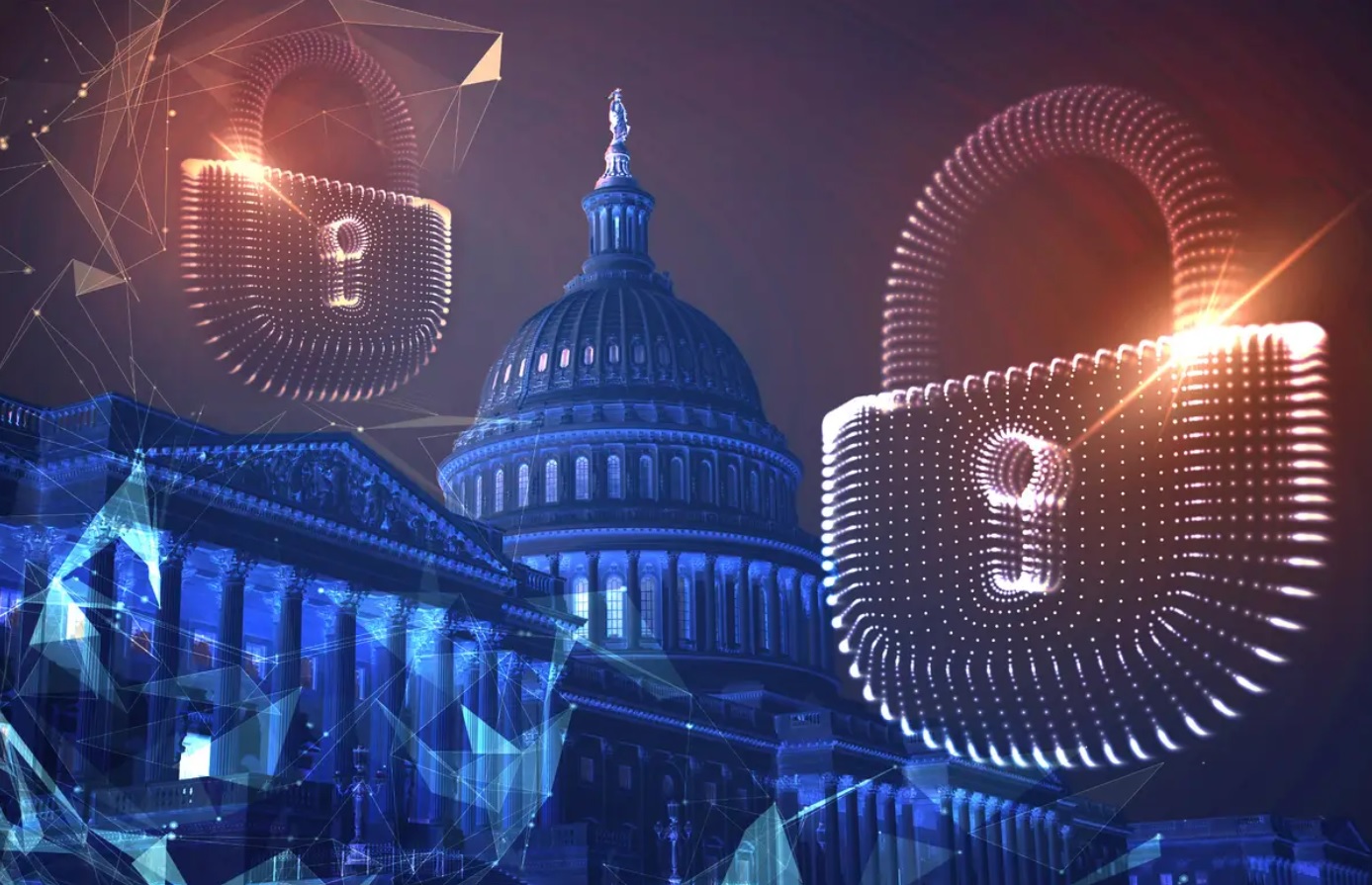Proximity-Based IP Addresses: Inspired by Quantum Entanglement for a Zero Trust World
Proximity-Based IP Addresses: Inspired by Quantum Entanglement for a Zero Trust World Today, conventional methods for managing IP addresses and network resources have become outdated and vulnerable. The architecture we rely on today is like leaving a door slightly ajar; even when locked, its mere existence invites attackers to try their luck. But what Continue Reading









